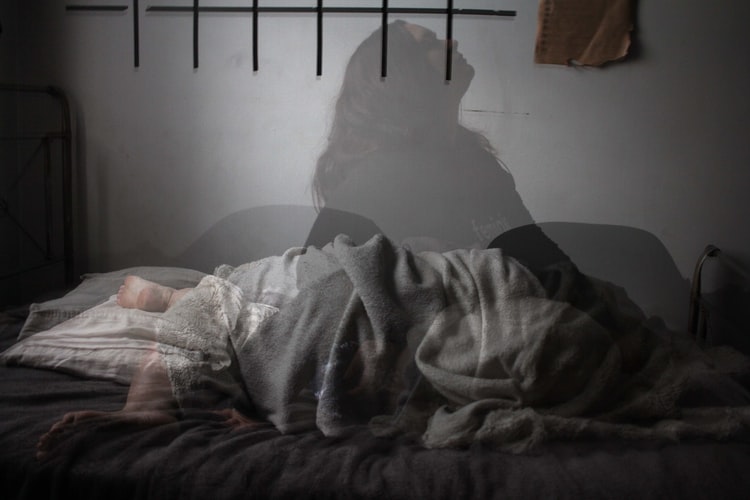You may be following any health and fitness influencer, health regime or dietician, one of the things that is always on the list is “a good quality sleep”. In the fast paced world, when overworking and over hours are deemed to be ‘cool’ or a mark of hard-work, sleep seems to take the back seat for most.
A lot has changed for the world over the past year. The number of people reportedly facing difficulty to sleep has increased by many folds.
Experts and researchers have termed this as ‘coronasomnia’ or ‘Covid-somnia’. A lot of people have suggested the reason for their insomnia is the stress and hardship caused due to COVID-19 pandemic.
Some Researches and Case studies
Undoubtedly there has been a surge in the mental health cases around the world. Psychiatrists and researchers have stated that coronosomnia has affected people across the globe and across age groups. There has been a surge in the number of people with sleeping problems by an approximate of nine percent.
Did you know? The word insomnia was searched more than ever on Google in 2020. There was a significant increase in online search queries for “insomnia” between April and May 2020.
Insights from a UK based study by the University of Southampton released in August of 2020 revealed that women with younger children, workers from the field of education, social service & healthcare, and people from the BAME (umbrella term for ‘Black and minority ethnic’) heritage were more likely to experience loss in sleep. According to the study, there has been a surge in the number of people with sleeping problems by an approximate of nine percent.
From one in six in the sample, the number rose to one in four. The number of women losing their sleep rose from 11.9% to 16.5% during the lockdown. Undoubtedly, the lockdown and the pandemic was experienced very differently by men and women. For women, with young children (0-4 years of age) it was even worse.
There was an “alarming prevalence” of insomnia in Greece and Italy as per one of the reports and studies in May. There was a 40% increase in sleep-related issues.
Health Care workers were exposed to the worst and there are no two ways about it. The University of Ottawa analysed 55 global studies of more than 190,000 participants in December to analyse the mental health perspective of the COVID-19 pandemic on health care workers worldwide. They measured the position of depression, anxiety, post-traumatic stress disorder, insomnia, and psychological distress among the affected population. Amongst healthcare workers, almost all disorders rose upto 15 percent but insomnia was reportedly the highest with around 24 percent rise.
As reported, a lot of the information available on Coronosomnia is based on personal accounts. However, there is no denying of the fact that there are plenty of such stories and there has been a substantial upward trend too. As per experts, coronasomnia is perpetuated through broken routines. It has also been suggested that it is a vicious cycle in terms of its properties.
“Insomnia perpetuates itself,” Kimberly Hardin, a UC Davis Health professor said in an article. “The more you can’t sleep, the more you worry about it and the more you don’t sleep,” she added.
Treatment:
In a new clinical practice guideline, the American Academy of Sleep Medicine (AASM) recommended that health professionals use multi-component cognitive behavioural therapy (CBT) for the treatment of chronic insomnia in adults. Another AASM clinical practice guidelines indicate that several medications can be considered too for the treatment of chronic insomnia in adults.
Some of the common tips that are suggested to prevent sleep problems and help get a better sleep are:
- Set a sleeping schedule
- Resist the urge to work or eat in bed
- Take time to relax before bed
- Exercise
- Dim the lights half an hour before bed
- Reading a book is suggested
- You can listen to an audiobook or to some podcast
- Do not eat heavy meals just before the bed
- Meditate
- Keep a sleep log
As much as experts reiterate the fact that one must not use any form of screen or digital appliances before bed, some of these apps might actually help you fall asleep:
- Atmosphere
- Sleep Sounds
- Relax Melodies
- Sleepa
- Baby Sleep
Sleep well!

